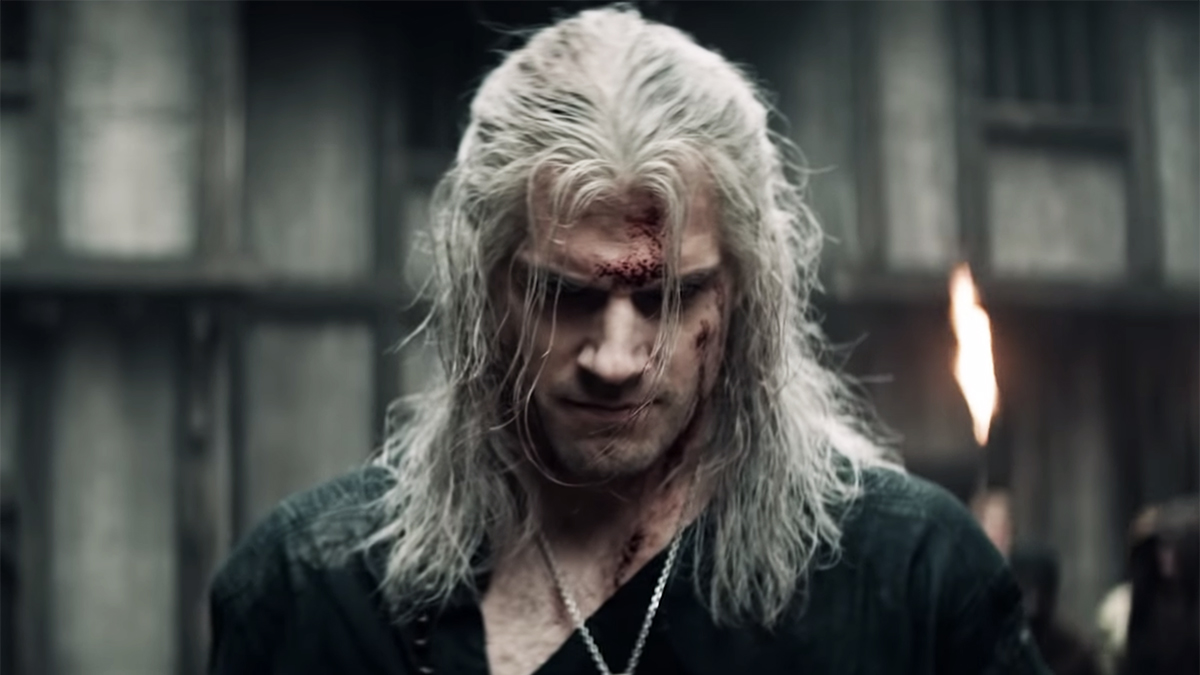The Witcher on Netflix now has an official timeline that finally makes sense of things
The show's long timeline now makes more sense

Netflix's Henry Cavill-starring version of The Witcher is terrific fun, especially when it's focused on Geralt of Rivia's weekly monster hunts. The only problem with the way the story is told, however, is that the different timeframes of the show are complicated to follow without on-screen prompts indicating when key events take place.
Now, Netflix has helped make sense of that by releasing a nice, straightforward timeline on Twitter that explains when the events in each episode occur.
You probably picked up on the fact that the story takes place over decades, based on references the characters make later in the season, but this outlines that the show's first series spans over 50 years. Take a look below, and note that spoilers follow:

- How to read The Witcher books in order
- The best shows on Netflix US
- The best Netflix movies
By the end of the season, you pick up on the fact that Ciri's story is the only one taking place in the 'present', as it were. And this is obviously when Geralt's story catches up with hers, in the final moments of episode 8.
What makes this confusing is that Geralt and Yennefer don't age like regular humans. But then human characters like Jaskier don't seem to physically age at all in the show, which was likely a creative choice so we don't have to put up with lots of unconvincing make-up.
It's just one of those things you have to go along with in order to enjoy the show. But hey, it's a small price to pay for such a fun fantasy drama. With potentially seven seasons coming, too, we've got a lot of episodes of monster hunting and Geralt going, "hmm," to come.
And hopefully, Geralt and his true love, Jaskier, will be reunited.
Get daily insight, inspiration and deals in your inbox
Sign up for breaking news, reviews, opinion, top tech deals, and more.
pic.twitter.com/pS4mGQR2QJJanuary 2, 2020
Samuel is a PR Manager at game developer Frontier. Formerly TechRadar's Senior Entertainment Editor, he's an expert in Marvel, Star Wars, Netflix shows and general streaming stuff. Before his stint at TechRadar, he spent six years at PC Gamer. Samuel is also the co-host of the popular Back Page podcast, in which he details the trials and tribulations of being a games magazine editor – and attempts to justify his impulsive eBay games buying binges.
